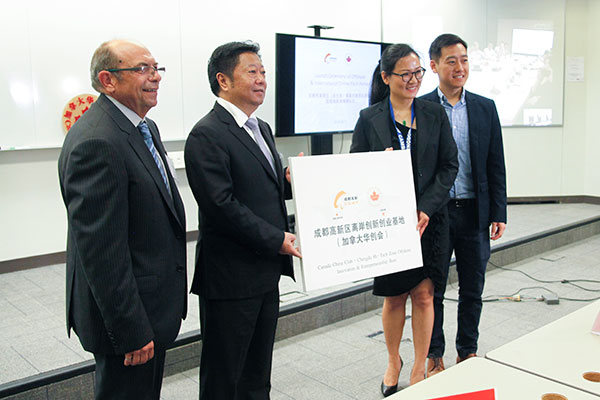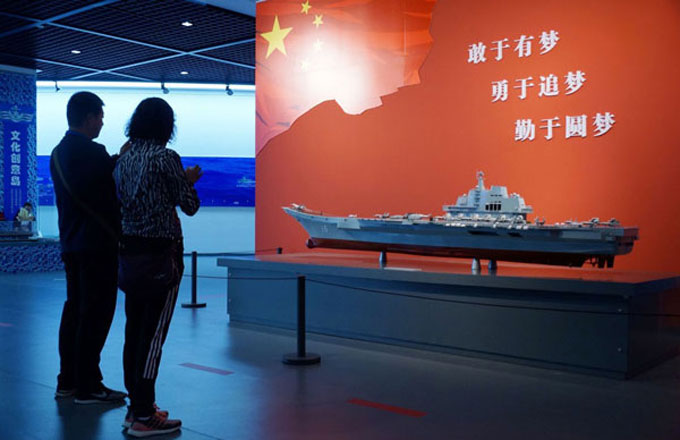Talent hunters give the best a fresh start
Graduates have expressed a strong desire to work in new first-tier cities.
A 2016 report by Zhaopin, which is based on interviews with 89,000 fresh graduates, has found 38.3 percent of interviewees hoping to work in new first-tier cities, almost 10 percent higher than those who would like to work in first-tier cities.
The company's 2017 report, which interviewed 93,000 graduates, found 37.5 percent of graduates were willing to work in new first-tier cities, while that for first-tier cities stood at about 30 percent.
Guo said, however, these major cities may fail to attract many of the talents they need if they only provide preferential policies for property and subsidies.
"High-end talent actually cares more about the general environment. While conditions for scientific research matters, the social environment, including educational opportunities for children, is also important," he said, adding the major attraction for middle-end talent is good enterprises with excellent entrepreneurs.
The most efficient measure for these major cities is to attract those who left for further education back to their home cities, he added.
He said, however, it's wise for graduates to choose to work in these major cities at this time.
Many of the major cities are accumulating the conditions for a sharp rise in new talent. It may be too late if people choose to work in these cities several years later when living costs, including property prices, have gone up, he said, citing Shenzhen as an example.
"Jobseekers will never regret their decision to work in new first-tier cities. Time will prove them wise after three or five years though many currently fail to see the emerging trends of these cities," he said.
As domestic talents flow to these major cities, the first-tier cities face a different task of attracting talent with an international perspective as China carries out the Belt and Road Initiative and moves ahead in economic globalization, said Wang Huiyao, president of the Center for China and Globalization, one of China's leading independent think tanks.
"Instead of choosing talent from the more than 1.3 billion population in China, the first-tier cities should broaden their perspectives and attract talent from the 7 billion global population," he said.
Jiang Chenglong contributed to this story.
- China's holiday tourism market remains stable
- Hebei launches campaign targeting pollution-related crime
- Tourist police kept busy during China's extended National Day holiday
- China publishes new collection of Lenin's writings
- China schedules 503 extra train services to meet rising holiday traffic























